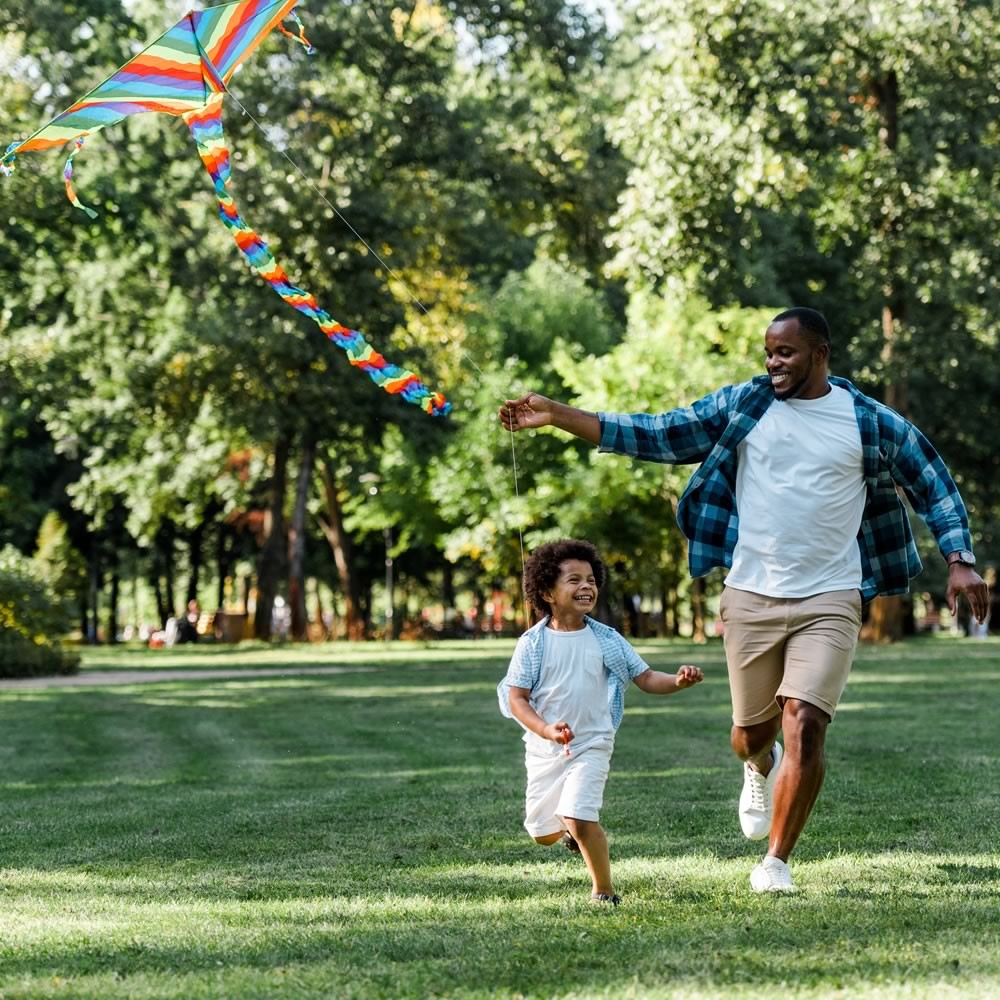For many South Florida children, March brings pollen allergy symptoms. As trees and grass blossom, they release pollens that can trigger a reaction in your child’s immune system, leading to sneezes, coughs, itchy eyes or more serious allergic reactions.
A six-year study of pollen counts conducted by a group of physicians using equipment mounted on the roof of Miami Children’s Hospital found that local pollen counts are at their highest in March and October – four times higher than in other months.
Allergies in children are extremely common and have many causes besides pollen that may be year-round, such as dust mites, mold, cockroach droppings or pet dander.
If your child has symptoms including a cough, nasal congestion or red and watery eyes, you should make an appointment with your pediatrician to see whether the cause is an allergic reaction, a cold or the flu.
Allergy symptoms generally last longer than colds or infections. Prompt diagnosis and treatment is important because allergies can aggravate more serious conditions, such as sinus or ear infections, asthma or other respiratory problems.
If the problem is an allergy, your child’s doctor may run tests to identify what is triggering the allergic reaction. These tests may be performed through blood work or skin testing, depending on the child’s symptoms.
It is not clear why some children develop allergies and others do not. However, if both parents have allergies, your child may be more likely to develop an allergy.
Tips for Managing Pollen Allergies
Here are some suggestions for reducing the impact of pollen allergies in children:
• In the two-hour period after sunrise and after sunset, limit time outdoors. These are times when pollen counts are highest.
• Boating and swimming in the ocean are good outdoor activities for those with pollen allergies.
• Have children avoid the outdoors when westerly winds predominate.
• Make sure affected children take prescribed medications.
• Keep windows in the home and car closed during pollen season and use the air conditioning system. Remember to change the air conditioner filters regularly.
• Do not line-dry clothes outside, as pollen grains may adhere to fibers in clothes and cause allergic reactions.
• Wash pillowcases frequently.
• Wash the child’s hair or wipe it with a damp cloth before he or she goes to sleep at night.
Your pediatrician may also prescribe medications to prevent and treat the allergic symptoms, including antihistamines, anti-inflammatory drugs and nasal sprays.
Because every child is different, you may want to consult with a specialist who can advise on the best strategy to address your child’s allergies, since some symptoms are severe and do not respond to medications or environmental control measures. These may warrant different treatment options.
February 28, 2014
sun-sentinel.com
You may also be interested in . . .
A Deep Dive into Summertime Allergies
As the warmth of summer graces us with its presence, many of us are eager to embrace outdoor activities and soak up the sun. However, along with the…
Achoo! These cities are the worst for spring allergies
Which cities are the worst for Spring allergies? The Asthma and Allergy Foundation of America (AAFA) ranks communities based on pollen, the number of…
10 best tips to ease spring allergies
Let's clear the air: Pollen is hard to escape, but there are common-sense steps you can take It's about that time: Temperatures rise, trees bloom and your…

